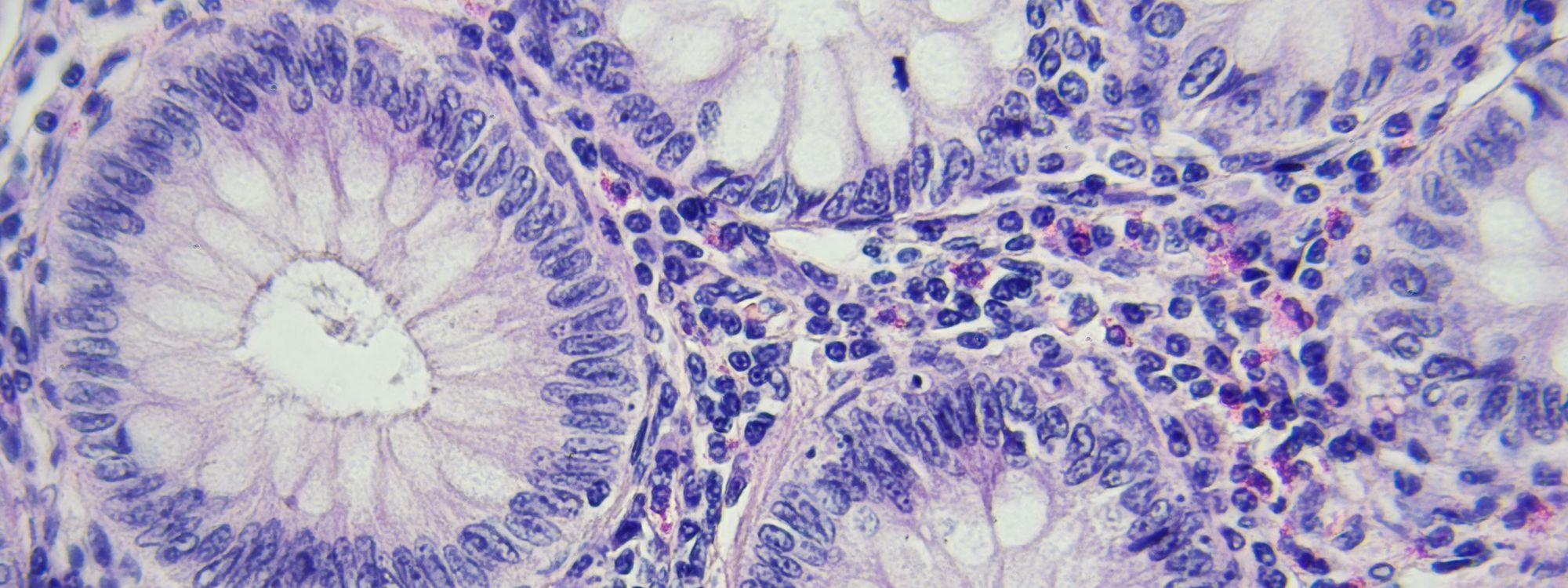
Colon cancer, often combined together with rectal cancer as colorectal cancer, is a significant health concern globally. It primarily affects the large intestine, also known as the colon, while rectal cancer impacts the last 15 centimeters of the intestinal tract, the rectum.
Colon cancer is a type of malignancy that originates in the large intestine, an essential part of the digestive system. The disease starts as small, benign clusters of cells known as polyps. Over time, some of these polyps can develop into colon cancer.
Rectal cancer, on the other hand, affects the rectum, the final part of the large intestine. Both these types of cancer are often collectively referred to as colorectal cancer.
Recognizing the symptoms of colon cancer can be challenging, as they can be easily mistaken for other gastrointestinal disorders. However, some common signs should not be overlooked. These may include:
In some cases, individuals may experience less common symptoms, such as:
It's important to remember that these symptoms can also be caused by conditions other than colon cancer, such as hemorrhoids or anal fissures. Even certain medications or dietary supplements can lead to changes in stool color. However, any persistent changes should always be reported to a healthcare professional.
Early detection is crucial in managing and treating colon cancer effectively. In many cases, the bleeding associated with early-stage colon cancer may not be noticeable. However, the presence of blood in the stool should never be underestimated.
Routine screening is highly recommended, especially for individuals over the age of 50 or those with a family history of the disease. Regular screenings can help identify polyps before they turn into cancer, significantly improving the chances of successful treatment.
In conclusion, colon cancer, like any other form of cancer, can be life-threatening. However, with early detection and appropriate treatment, it is possible to manage the disease effectively. Awareness of the symptoms and regular screenings are crucial in this regard.